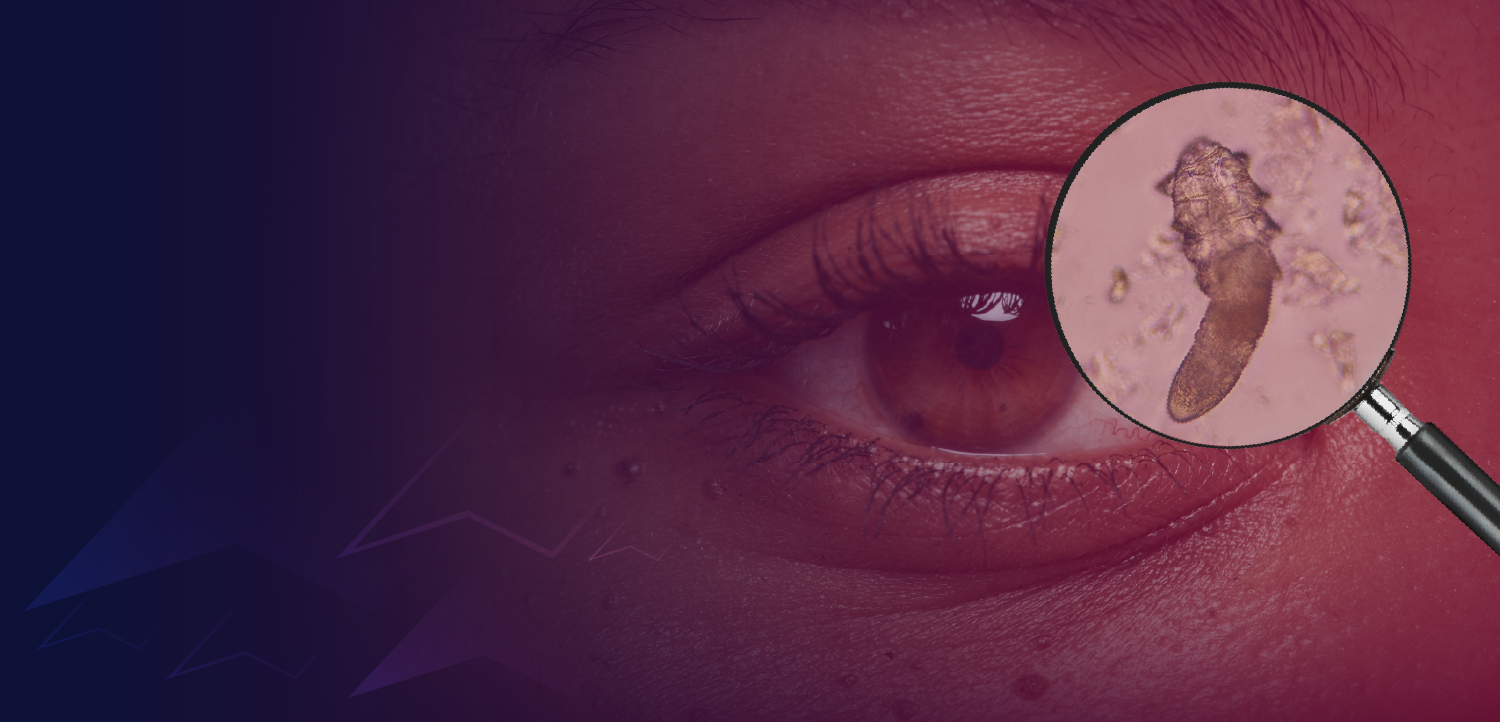
Add diabetes care to your practice
"Through proper patient education and careful monitoring, the optometrist can play an integral role in the systemic control of diabetes and the reduction of its complications.
Key Points
An advocate for the active participation of optometrists in the total care of patients with diabetes, Dr. Gerson said he believes that diabetes education and treatment should be seamlessly integrated with vision care.
"If patients with diabetes don't take care of themselves, their eyes will go bad, but that's only part of the problem," he said. "Patients need to understand that they must focus on systemic control of their disease."
Strict control of blood glucose as measured by hemoglobin A1C levels reduces diabetic complications, including retinopathy, according to extensive research. Normal A1C is <6%, and the American Diabetes Association has established an A1C goal of <7% or as close to normal as possible for those with type 1 and type 2 diabetes.
It is important to note, Dr. Gerson added, that improving blood glucose control by diet, exercise, and medication can slow the rate of progression, even when retinopathy or other complications already are present.
Dr. Gerson said his approach to vision care for the patient with diabetes is based on educating patients about three core principles:
Although the ideal goal is to prevent the development of diabetic retinopathy, approximately 20% of those with diabetes already have retinopathy at the time of diagnosis, he said. "In some patients, findings related to diabetic retinopathy during a routine eye exam lead to the initial diagnosis of diabetes," he added.
Diabetic retinopathy is well known as a major cause of blindness and an associated decline in both overall quality of life and health-related quality of life. Recent clinical trials, however, have demonstrated that diabetic retinopathy also is an independent predictor of cardiovascular mortality, including myocardial infarction and stroke.
This research underscores the need for early detection of retinal changes related to diabetes, Dr. Gerson said. For patients who are known to have diabetes, he said he recommends beginning each routine visit with an inquiry regarding the patient's most recent A1C test. "If the patient doesn't know the level or when it was done, I perform the test," he explained.
In his own practice, Dr. Gerson said he follows the blood test with a comprehensive eye exam that includes examining the retina closely for hemorrhage, microaneurysms, or subtle vascular changes that may be early signs of diabetic changes in the eye. Based on the patient's A1C level, he said, he engages the patient in a discussion of diet, exercise, and medication and their significance in total diabetes management.
Dr. Gerson recommended allocating additional time for an office visit with a diabetic patient to allow for patient education. "I find that many patients with diabetes are uninformed about their disease and how to control it," he said. "In patients with metabolic syndrome, I also talk about how they can control those factors, emphasizing that controlling their weight and blood pressure is important not just systemically but also for their eyes."
Take an active role
The optometrist is an integral member of the multidisciplinary team and often can provide valuable information to other clinicians involved in the patient's care, Dr. Gerson said. "The priority has to be your patient," he said. "If a patient is being inadequately cared for and has evidence of inadequate glucose control, I diplomatically communicate with their doctor about the situation, whether it's the primary care physician or the endocrinologist."
With multiple health professionals involved in the diabetic patient's care, the optometrist often has the advantage of having a long-term relationship with the patient, he added. "This gives us the opportunity to help steer the patient in the right direction."
In his practice, which routinely includes referring patients to outside resources that will help them learn more about their disease, Dr. Gerson recommends several Web sites. He also recommends an easy-to-understand book about diabetes to his patients to supplement what they learn from him and their primary care doctor or endocrinologist (see "Diabetes Resources").
Optometrists should participate more fully in the total disease management of their diabetic patients in a way that can contribute to better patient outcomes, he said.
With diabetes, particularly type 2 diabetes, reaching epidemic proportions in the United States, and the immense health and quality-of-life implications that incidence carries, Dr. Gerson said, "It's not enough to tell your diabetic patients their eyes look good or bad.
"We need to be more involved in their care and be equipped to do the right thing for our patients."
Newsletter
Want more insights like this? Subscribe to Optometry Times and get clinical pearls and practice tips delivered straight to your inbox.



















































.png)


